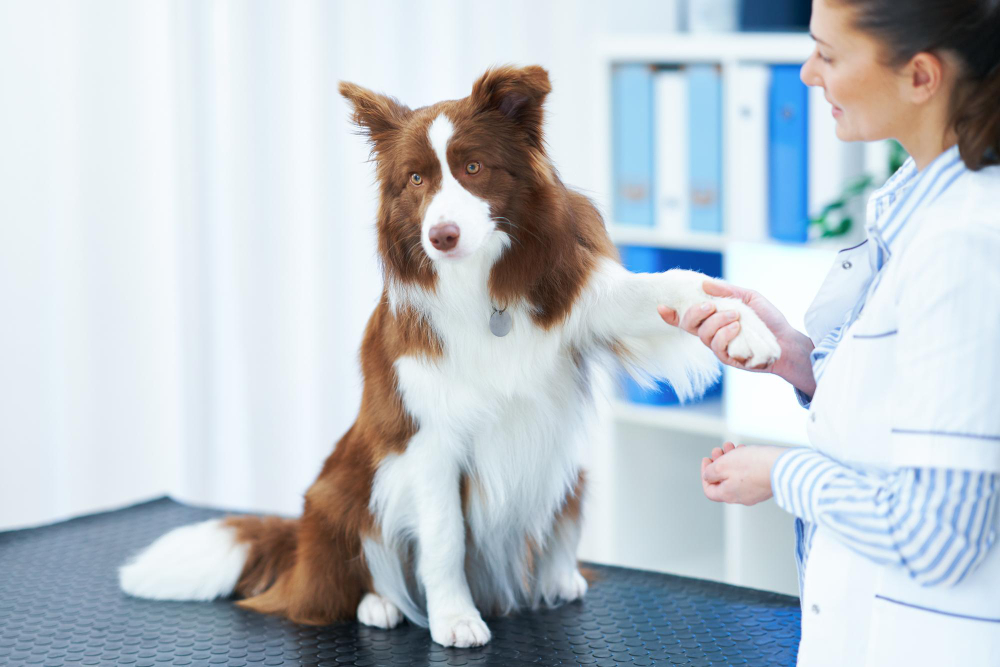Senior Pet Care in Portland, OR

Senior Pet Care
Did you know that most dogs are considered seniors when they hit seven? For cats, it’s around eight. Pets age much more rapidly than humans, which means diseases and illnesses progress more quickly as well.
To make sure your pet has the longest, healthiest, most comfortable life possible, Roseway Veterinary Hospital encourages you to bring your senior pet for exams and lab work twice each year. This way, we can track how your pet is aging, and we’ll be more likely to catch any developing diseases before they become big problems.
Lab work is one of the most important parts of a senior exam. These screenings—often referred to as a senior panel— monitor red and white blood cell counts and reveal how well the kidney, liver, pancreas, and thyroid are functioning. We may recommend a chest x-ray to ensure that the heart is a normal size and that there are no masses in the lungs.
Periodontal disease is a threat to our pets’ health and comfort, and it’s particularly tough on older pets. That’s why a dental exam is always part of any senior pet screening as well.
One of the most common conditions seen in elder pets is osteoarthritis. General symptoms in dogs include limping, spinal issues like a hunch or a back that is sensitive to touch, tiredness, loss of muscle, and constant licking, chewing, or biting of sensitive areas. In cats, the symptoms may be more subtle, but usually, a reluctance to jump or leap up as before is a tell-tale sign. We can help your arthritic pet feel more comfortable by utilizing a variety of treatments and medications.
Finally, make sure to let us know about any behavior changes in your pet. Once dogs and cats get to the geriatric stage, monitoring for signs of cognitive dysfunction—such as accidents, getting lost, or wandering aimlessly—is very important.
To schedule a wellness exam for your senior pet, call us at (503) 446-2450 or request an appointment online.
